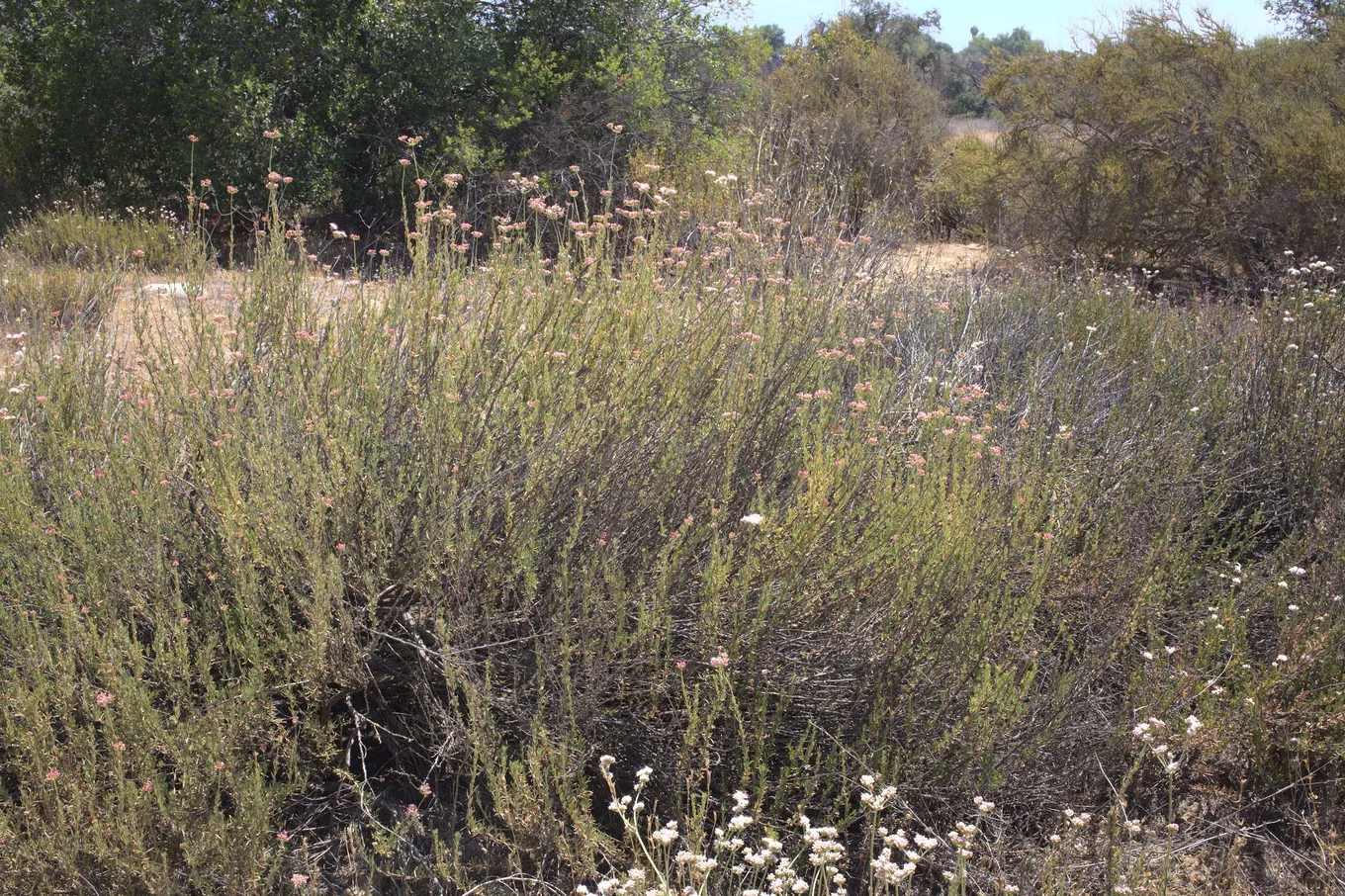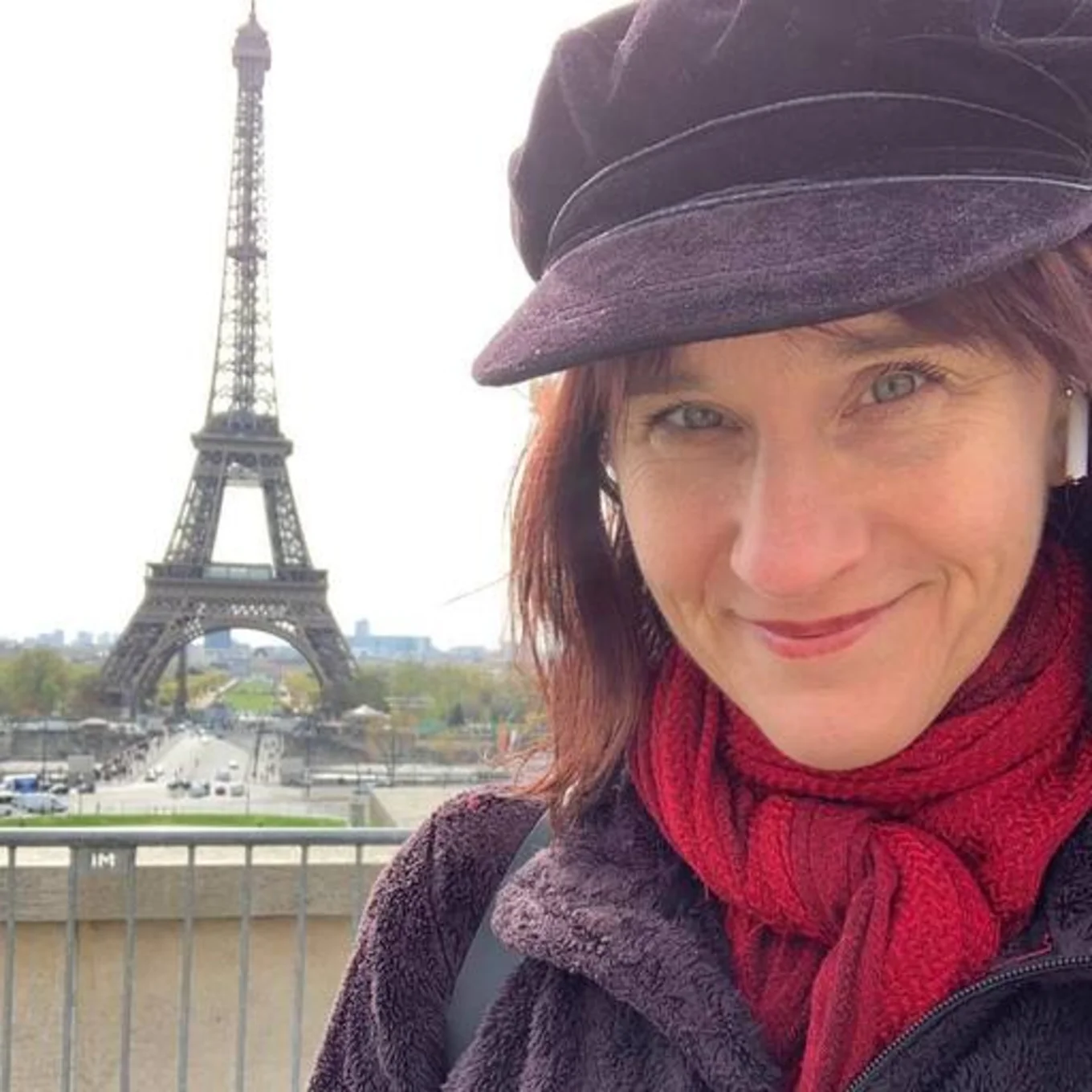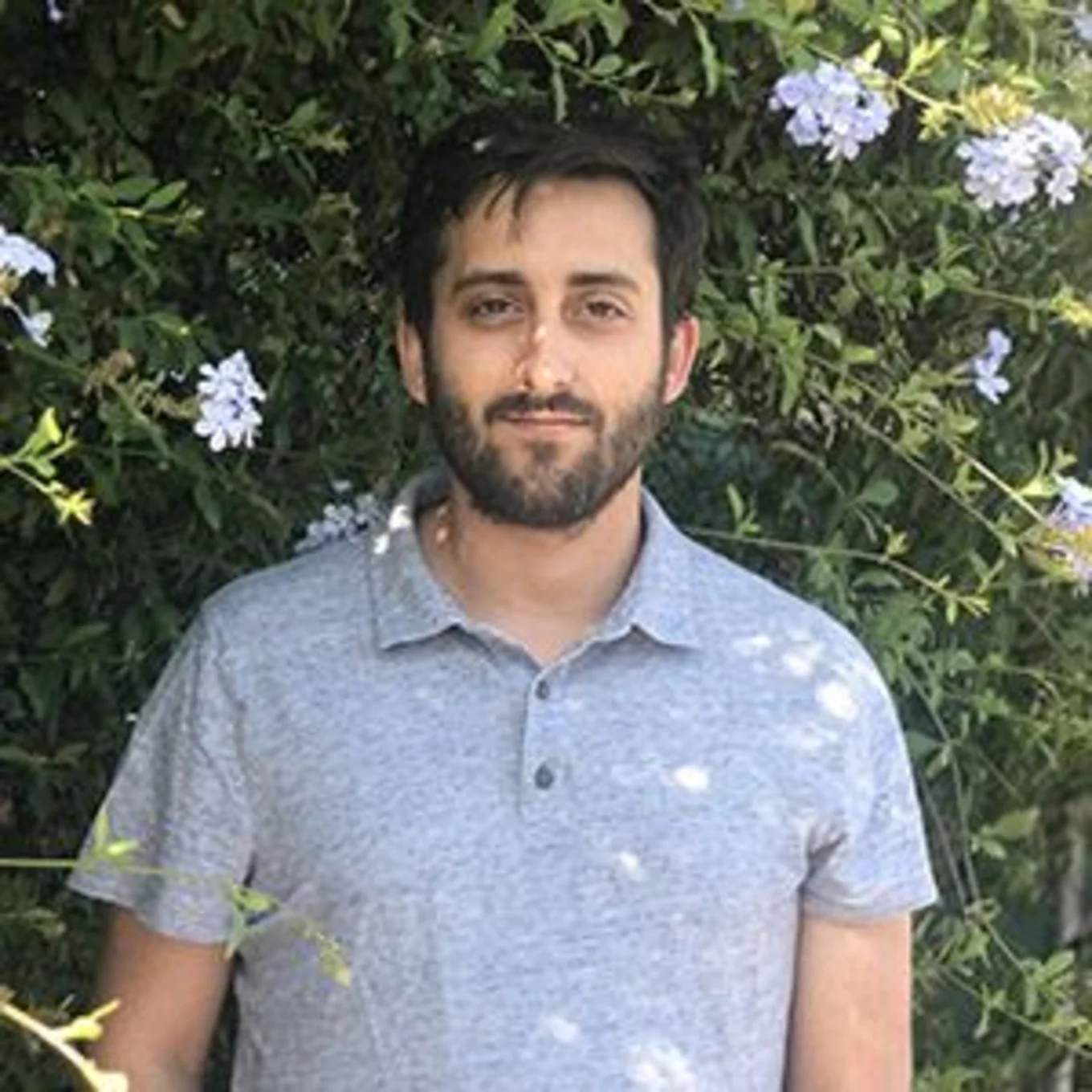
Engineer Spotlight: Zach Shipko

Technical Writer

Senior Software Engineer
Tarides engineer Zach Shipko answers a few questions about why he decided to learn OCaml and why he's particularly excited about the OCaml 5 release. In celebration of OCaml 5, we've interviewed several engineers about their personal experience with the language and what features they enjoy. It's a great way to get some unique insight into the language from someone who works with it on a daily basis.
Christine: Why did you decide to become an OCaml programmer rather than Python or C++?
Zach: I don't really see myself as an "OCaml programmer" because I use Python, C, Rust, Javascript, and other languages quite frequently. It's my interest in many different programming languages that led me to OCaml!
C: What do you like best in OCaml?
Z: One of my favorite things about OCaml is the amount of thought put into new language features. Because of this I think the whole community values the importance of API design and correctness.
C: What’s the coolest thing you've made with OCaml?
Z: I have been working on libirmin, which provides C bindings to the Irmin API, making it possible to use Irmin directly from C and other languages. This uses Cstubs_inverted to wrap OCaml code in C functions. I don't know how "cool" that is, but everytime it works I am pleasantly surprised.
C: Why should engineers learn OCaml?
Z: Learning a new programming language can help you see problems from a new perspective and it gives you another tool to reach for when needed. OCaml has lots of nice features (pattern matching, functors, ...) that make solving certain problems more fun.
C: What are you most excited about in OCaml 5?
Z: Other than being able to use multiple cores, I am very excited about Effects (and eventually typed effects). It is an entirely new paradigm for writing applications with a lot of research behind it. To have a usable effects system in a general-purpose language like OCaml is a huge accomplishment!
Zach emphasises the importance of expanding your horizons as a programmer, learning new languages to give you fresh perspectives and insights. Perhaps especially when learning a language like OCaml. Like the esteemed Alan Perlis said, "A language that doesn't affect the way you think about programming is not worth knowing."
Zach also studied photography and digital media in college. He took the pictures at the top of this post and said he "typically picks photos like this to have some nature to look at on programming websites."
Read Jules Aguillon's interview from 27 December 2022 to learn about his journey to OCaml. Next week, look for our final Engineer Spotlight interview with Sudha Parimala, as well as a post from her on the Benchmarking Game.
Feel like learning OCaml? Get started with the tutorials and the Real World OCaml book. Learn more about effects and other things OCaml 5 has to offer? Watch KC Sivaramamakrishnan keynote and check out the speaker deck for his talk as well.
Open-Source Development
Tarides champions open-source development. We create and maintain key features of the OCaml language in collaboration with the OCaml community. To learn more about how you can support our open-source work, discover our page on GitHub.
Explore Commercial Opportunities
We are always happy to discuss commercial opportunities around OCaml. We provide core services, including training, tailor-made tools, and secure solutions. Tarides can help your teams realise their vision
Stay Updated on OCaml and MirageOS!
Subscribe to our mailing list to receive the latest news from Tarides.
By signing up, you agree to receive emails from Tarides. You can unsubscribe at any time.
